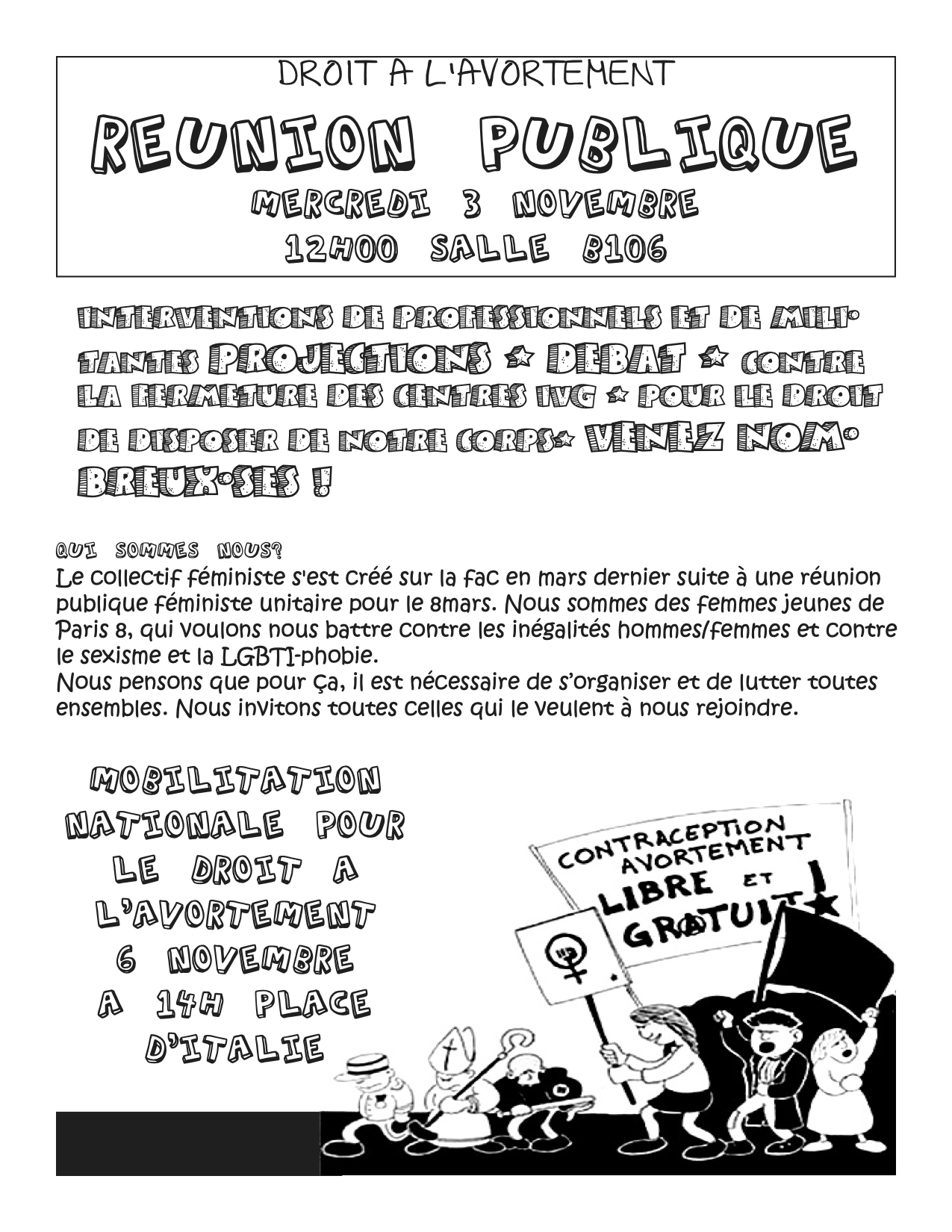I found French society to be a very gender-normative place, a very binary place. That included the left milieux I knew. I left all my femme clothes at home at the start of fieldwork, and I remember cutting my hair short, anxious about blending in.
But after my first year in France doing research, I was suddenly ready to participate in local life, not just observe it. So I tried to join a campus feminist collective, because I was frustrated with the overwhelming masculinism in local institutional culture. But when I showed up to a meeting of this collective, it turned out to be the first time a nonwoman had ever showed up. This sparked an internal controversy, as the women debated whether to become definitively separatist (women-only) or gender-integrated. In that debate, the political was not necessarily personal, at least for my one friend in the group, a Brazilian Marxist-feminist, who was exceptionally warm and welcoming to me while ardently defending separatist politics. I longed to defend a policy of inclusiveness towards genderqueer people like myself, but I was ineloquent in French and in any case it was obviously not my place to impose my views. Instead I left, feeling dismal about having prompted disagreements in a group I wanted to support.

It would be anachronistic to call them TERFs. By the end of the 2010s, trans and queer politics had become a recognized presence in campus politics, but this was before all that. For these separatists, trans and nonbinary people were not really conceivable. Their feminist space was designed for cis women, period. And yet I learned a lot from them, from their materialism, from the seriousness with which they took their political process. I loved that they were such an internationalist space, able to include foreigners without drama.